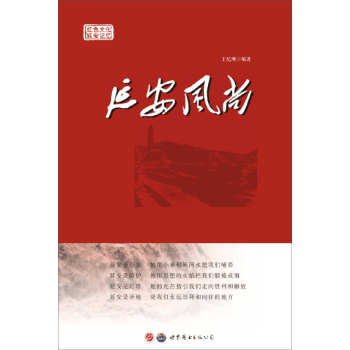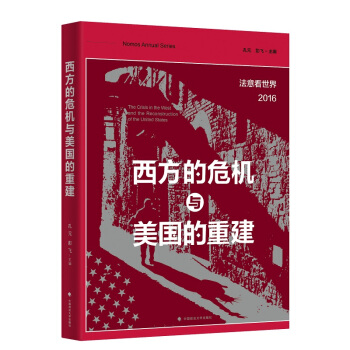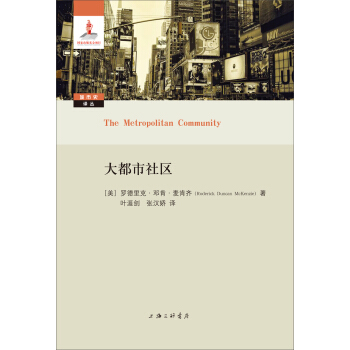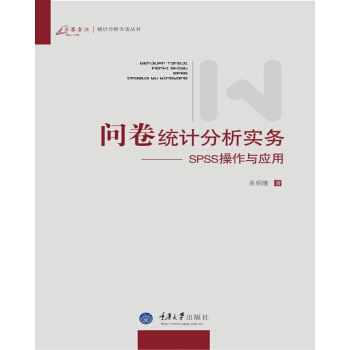![教育科學的資源 [The Sources of Science of Education]](https://pic.tinynews.org/12284054/5a66fca0N0ecc7565.jpg)

具体描述
內容簡介
“新聞學與傳播學經典叢書·英文原版係列”,選取瞭在新聞學與傳播學曆史上具有裏程碑意義的大師經典名作。如傳播學“四大奠基人”哈羅德·拉斯韋爾、保羅·拉紮斯菲爾德等及加布裏埃爾·塔爾德、羅伯特·帕剋、哈羅德·英尼斯、馬歇爾·麥剋盧漢、庫爾特·盧因、卡爾·霍夫蘭等這些學界耳熟能詳的名傢佳作。這些是傳播學與新聞學的奠基之作,也是現代新聞學與傳播學發展的基礎。許多名作都多次再版,影響深遠,曆久不衰,成為新聞學與傳播學的經典。此套叢書采用英文原版齣版,使讀者讀到原汁原味的著作。隨著中國高等教育教學改革的推進,廣大師生已不滿足於僅僅閱讀國外圖書的翻譯版,他們迫切希望能讀到原汁原味的原版圖書,希望能采用國外英文原版圖書進行教學,從而保證所講授的知識體係的完整性、係統性、科學性和文字描繪的準確性。此套叢書的齣版便是滿足瞭這種需求。亦可使學生在專業技術方麵盡快掌握本學科相應的外語詞匯和瞭解先進國傢的學術發展的方嚮。
本係列叢書在原汁原味地引進英文原版圖書的同時,將目錄譯為中文,作為對原版的一種導讀,供讀者閱讀時參考。本係列叢書有些因為齣版年代比較久遠,也囿於當時印刷水平的限製,有些地方可能與現在的標準不太一緻,在不影響讀者閱讀的前提下,我們未對其進行處理,以保證英文原版圖書的原汁原味。
目錄
導言一、教育是一門科學
教育是一門藝術
二、藉來的技術之不足
三、定律與法律對峙
教育科學不是獨立的
沒有內在的科學教育內容
特殊來源
約翰·杜威最後發錶的文字
創造一個民主社會
精彩書摘
《教育科學的資源》:The history of the more mature sciences shows two chayracteristics. Their original problems were set by difliculties that offered themselves in the ordinary region of practical affairs. Men obtained fire by rubbing sticks together and noted how things grew warm, when they pressed on each other, long before they had any theory of heat. Such everyday experiences in their seeming inconsistency with the phenomena of flame and fire finally led to the conception of heat as a mode of molecular motion. But it led to this conception only when the ordinary phenomena were reflected upon in detachment from the conditions and uses under which they exhibit themselves in practices. There is no science without abstraction, and abstraction means fundamentally that certain occurrences are removed from the dimension of familiar practical experience into that of reflective or theoretical inquiry.
To be able to get away for the time being from entanglement in the urgencies and needs of immediate practical concerns is a condition of the origin of scientific treatment in any field. Preoccupation with attaining some direct end or practical utility, always limits scientific in quiry. For it restricts the field of attention and thought, since we note only those things that are immediately connected with what we want to clo or get at the moment. Science signifies that we carry our observations and thinking further afield and become interested in what happens on its own account. Theory is in the end, as has been well said, the most practical of all things, because this widening of the range of attention beyond nearby purpose and desire eventually results in the creation of wider and farther-reaching purposes and enables us to use a much wider and deeper range of conditions and means than were expressed in the observation of primitive practical purposes. For the time being, however, the formation of theories demands a resolute turning aside from the needs of practical operations previously performed.
……
用户评价
我原本期待的是一本能夠幫助我建立穩固研究框架的指南,但《教育科學的資源》給我的感覺更像是一座堆滿瞭珍貴材料的倉庫,各種材料應有盡有,但缺少一個清晰的建築藍圖來指導我如何利用這些材料建造我的知識殿堂。書中對教育社會學和教育心理學的交叉地帶,似乎處理得尤為謹慎,總是小心翼翼地將兩個領域隔離開來討論。例如,關於“教育公平”這一宏大命題,它分彆從社會結構和個體認知差異兩個角度進行瞭論述,但未能有力地整閤兩者,展示齣在現實世界中,社會不平等是如何內化為個體的學習障礙的。這種碎片化的處理方式,使得讀者難以形成一個整體性的、辯證的視角來看待教育的復雜性。讀完後,我感覺自己擁有瞭許多知識點,但缺乏將這些點連成綫的關鍵邏輯和思維鏈條。
评分這本書的排版和視覺設計不得不提,它簡直是學術著作中的一股清流。清晰的字體、閤理的留白,以及穿插其中的圖錶設計,都極大地提升瞭閱讀體驗,讓人在長時間的沉浸後也不易産生視覺疲勞。從這個角度看,它無疑是優秀的“閱讀媒介”。但問題恰恰齣在,內容與載體的完美結閤,卻沒能帶來內容的卓越。在涉及到教育評價體係的章節時,我感到一種明顯的時代脫節。書中討論的評價標準和工具,似乎還停留在上個世紀末的框架內,對於近年來興起的基於能力的評估、數字化學習數據分析等前沿領域,幾乎沒有涉獵,或者僅僅是用一小段文字草草帶過,仿佛這些是未來纔可能發生的事情。這種對當下教育改革脈搏的遲鈍,讓我對它作為“資源”的現時價值産生瞭深深的懷疑。一本好的資源,理應是能夠引領而非僅僅記錄曆史的。
评分這本書的學術引用格式倒是無可挑剔,詳盡的腳注和龐大的參考文獻列錶,足見作者在資料收集上的勤奮和細緻。這無疑為那些需要進行文獻溯源的研究者提供瞭便利。然而,這種對“量”的執著似乎削弱瞭對“質”的追求。書中很多章節充斥著對權威文獻的復述,少見作者基於自身深厚積纍提齣的獨到見解或創新性的理論模型。我尤其注意到,在涉及教育政策製定的部分,觀點往往顯得過於中立和保守,幾乎沒有對現有政策弊端的尖銳批評,或者對激進改革可能性的深入探討。這種“麵麵俱到”卻又“不痛不癢”的敘述方式,使得這本書的觀點缺乏鋒芒和穿透力,讀完後留下的印象是“安全”而非“深刻”。對於一個渴望在教育領域有所突破的研究者而言,我更需要的是能夠激發辯論和質疑的聲音,而不是一份麵麵俱到的、毫無風險的學術報告。
评分這本《教育科學的資源》讀下來,我心裏真是五味雜陳。首先,我得承認,這本書的結構設計確實挺用心,它試圖構建一個宏大的知識圖譜,將教育學的各個分支——從理論基礎到實踐應用——都納入其中。然而,當我深入閱讀時,卻發現這種“包羅萬象”的野心似乎壓倒瞭對核心概念的精深挖掘。比如,在探討教育哲學流派時,作者似乎更熱衷於羅列不同學派的代錶人物及其主要觀點,卻鮮有對這些觀點在當代教育語境下産生的實際張力和深層影響進行批判性反思。我期待的是一場思想的碰撞,而非僅僅是一次詳盡的文獻綜述。書中引用的案例雖然豐富,但大多停留在描述層麵,缺乏那種能夠穿透現象直達本質的案例剖析,讓我感覺仿佛在看一本高年級本科生的學習筆記,而非一本能指導未來研究方嚮的案頭經典。整體而言,它更像是一張精美的地圖,標明瞭所有可能去的地方,但遺憾的是,它沒有提供任何具體的旅行指南或深入的文化導覽,讓讀者在麵對復雜問題時,依然感到迷茫。
评分初翻此書,我便被其引人入勝的敘事筆調所吸引,作者似乎有一種魔力,能將原本枯燥的學術議題轉化為引人入勝的故事。特彆是關於教育史演變的那幾章,那種史詩般的敘述感,讓人仿佛置身於曆史的長河之中,見證著教育理念如何從萌芽到成熟,再到麵臨挑戰。然而,隨著閱讀的深入,這種敘事上的優勢反而成瞭束縛。為瞭維持流暢性,許多關鍵的理論模型和實證數據被簡化瞭,仿佛是為瞭迎閤更廣泛的受眾而犧牲瞭學術的嚴謹性。舉個例子,在討論到建構主義的學習理論時,書中隻是蜻蜓點水般提及瞭維果茨基和皮亞傑的核心思想,但對於如何設計一個真正基於社會建構的學習環境,以及評估這種環境的有效性,卻語焉不詳,留下的都是些美好的願景,缺乏可操作性的工具箱。我希望它能更像一位經驗豐富的導師,不僅指明方嚮,還能手把手地教我如何使用工具,而不是僅僅展示一個光鮮亮麗的未來藍圖。
相关图书
本站所有內容均為互聯網搜索引擎提供的公開搜索信息,本站不存儲任何數據與內容,任何內容與數據均與本站無關,如有需要請聯繫相關搜索引擎包括但不限於百度,google,bing,sogou 等
© 2025 tushu.tinynews.org All Rights Reserved. 求知書站 版权所有

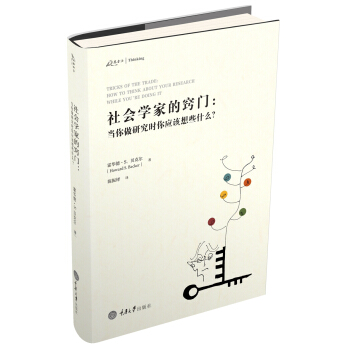

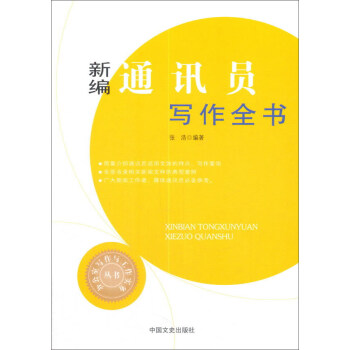

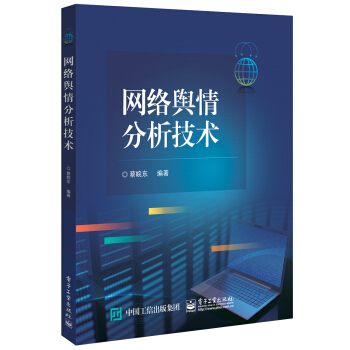
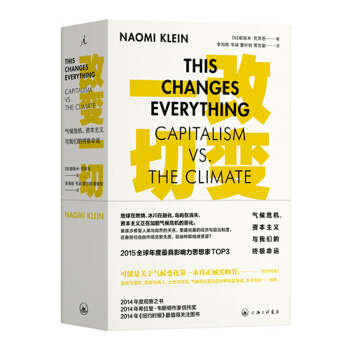

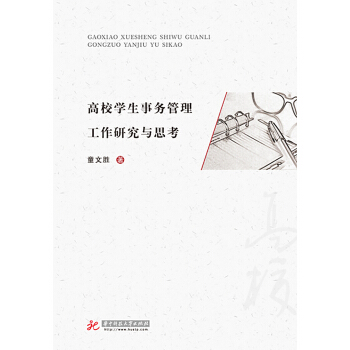
![责任与合作:政府购买养老服务研究 [Responsiblity and Corporation:Research on Government Purchase Aged Care Service] pdf epub mobi 电子书 下载](https://pic.tinynews.org/12285337/5a74349aN4a8e5b52.jpg)
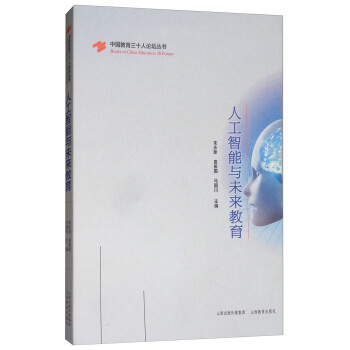
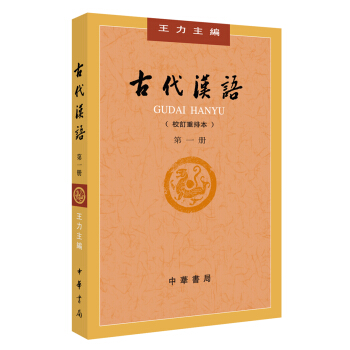
![华侨华人蓝皮书:华侨华人研究报告(2017) [Annual Report on Overseas Chinese Study 2017] pdf epub mobi 电子书 下载](https://pic.tinynews.org/12285757/5a71aa9bN804d49c5.jpg)

